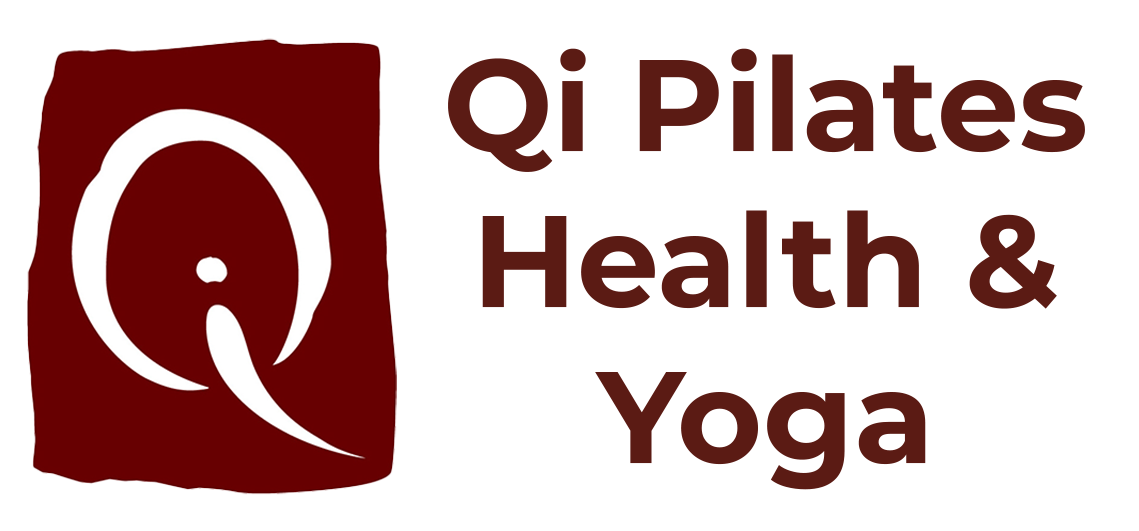Massage therapy has a long history, dating back to ancient cultures. According to Salvo, massage is intuitive and instinctive, with its roots in grooming behaviour of primates and early man. It is a natural response to rub our aches and pains (e.g. we can feel anxious, frightened, angry, frustrated, depressed). In fact our emotions shape our experience of pain and drive our behaviour. Massage therapy is also reportedly deeply relaxing and pleasurable.
Today massage therapy is one of the most popular of all natural therapies. It is usef for relaxation, for pain relief and to boost general wellness. However, despite its popularity, there is not commensurate scientific evidence to support its many claims of health benefits.
Evidence for Massage Therapy
A number of studies have reported health benefits for massage therapy. For example, in 2016, Field found studies reporting beneficial effects for a variety of conditions, including skin conditions, pain syndromes (e.g. arthritis and fibromyalgia) hypertension, autoimmune conditons (e.g. asthma, multiple sclerosis) immune conditions (HIV), breast cancer and age-related conditons like Parkinson’s and dementia. However, most massage therapy research has relied on self-report measures, with few studies focusing on physiological and biochemical responses and more work need to be done in this area. Proposed mechanisms of effect include stimulation of pressure receptors, enhanced vagal activity and reduced cortisol levels.
Systematic reviews and meta-analyses are regarded as the highest form of evidence. They attempt to bring together all relevant studies on a particular topic and research question. They assess the risk of bias and critically appraise the quality of the included studies. In additon to Field’s systematic reiew described above , a number of other notable systematic reviews on the health benefits of massage therapy have been conducted.
Evidence for the role of massage therapy in mental health
There is a growing acknowledgement of the number of Australians with mental health issues. It is estimated that more than 1 in 5 Australians aged 16-85 years have experienced a mental disorder in the past 12 months. About 17% experienced anxiety disorder. 8% an affective (mood) disorder and 3% a substance use disorder. Given this prevalence in the population, a range of healthcare services are required to provide accessible, safe and effective treatment.
Many people seek massage therapy for its relaxation effect and for pain relief. Dr Tiffany Field, Touch Research Institute, University of Miami Medical School, noted “Massage therapy has been noted to relax the nervous system by slowing heart rate and blood pressure. Stress and pain hormones are also decreased by massage, reducing pain and enhancing immune function. High quality evidence is required to support the role of massage therapists in disciplinary healthcare teams to manage people with mental health issues in our communities.
Massage therapy is well-known for its contributions to pain relief, stress, anxiety and general wellbeing and it is likely that it will be increasingly called on to help manage and treat people with mental health illnesses and to prevent their occurrence. More high quality researh is needed to support this important role in healthcare. This will involve overcoming methodological challenges that often accompany massage therapy research.
Source: Journal of the Australian Traditional Medicine Society, Vol 29, Number 4, 2023, Prof. Sandra Grace, Faculty of Health, Southern Cross University




0 Comments